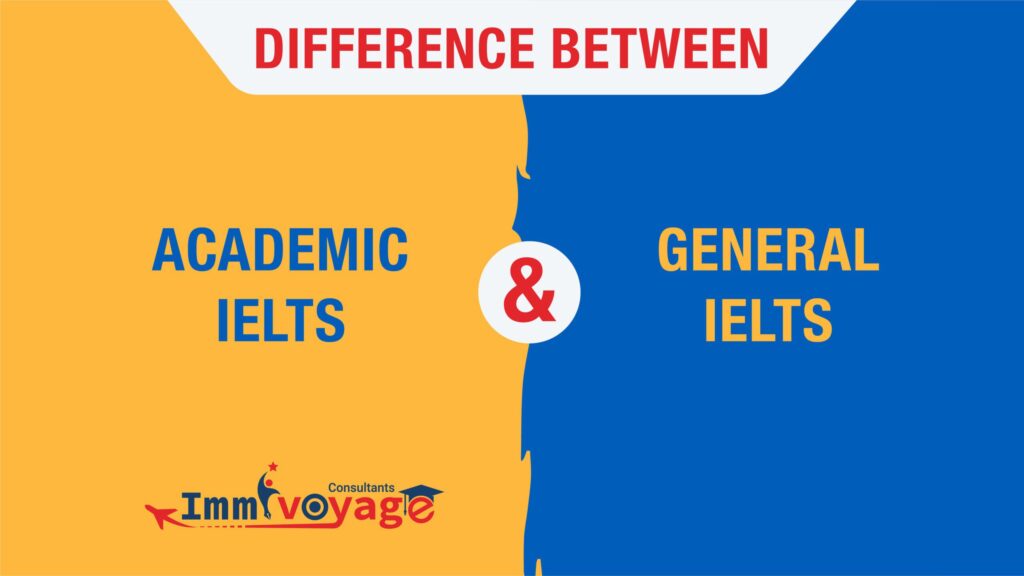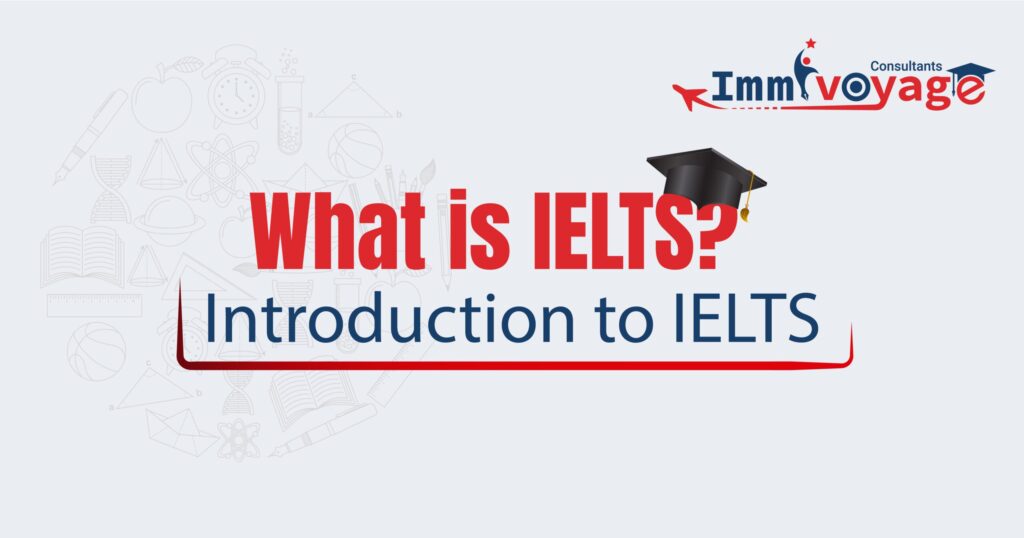PTE and IELTS are both English proficiency tests accepted by various countries and universities for candidates who wish to study or settle abroad. While IELTS is a standard test that candidates prefer, with over 12,000 universities accepting its score, the trend has recently shifted towards PTE. So, which is better, PTE or IELTS? Let’s explore both of these tests in detail in this blog.
What is PTE?
PTE stands for Pearson Test of English, a computer-based English proficiency test that assesses your reading, speaking, writing, and listening skills. The test lasts 2 hours and is conducted at a test center. It is a fast and fair way to test your English, as it uses AI scoring, and the result is typically announced in 2 days. PTE sends the scores of candidates can send their PTE scores to various universities to increase their chances of selection through their Pearson account. The fee for PTE test is as follows:
- INR 17,000 for the PTE Academic Exam (as of 6th June 2024)
- INR 14,435 for PTE Home Exam (as of 6th June 2024)
What is IELTS?
Did you know that more than 2 million students across 140 countries attempt the IELTS test every year? It stands for the International English Language Testing System, a paper-based and computer-based test that assesses the same skills as PTE: reading, writing, speaking, and listening.
The test, considered the world’s number one English test, lasts about 2 hours and 45 minutes and takes place at a test center. The British Council manages ILETS in partnership with IDP Education, a leading educational organization in Australia.
IELTS, the world’s number 1 English test, is the most popular and recognized English proficiency test for higher education and global migration. They announce the results for the paper-based IELTS test within 13 days and for the computer-based test within 3-5 days. However, IELTS offers limited test dates, so if you want to reattempt, you’ll have to wait for a few months. The fee for the IELTS exam is INR 17,000.
PTE vs IELTS: Key Differences
PTE and IELTS are English proficiency tests that are top choices for candidates wishing to study or settle abroad. Both have specific key differences. Let us have a look at them:
| Full Form | International English Language Testing System | Pearson Test of English |
|---|---|---|
| Test Type | Offline | Online/Offline |
| Test Duration | 2 Hours 45 Minutes | 2 Hours |
| Skills Tested | Listening, Reading, Writing, Speaking | Listening, Reading, Writing, Speaking |
| Test Fee | INR 17,000 | INR 17,000 (for PTE Academic Exam) and |
| Difficulty Level | Medium to High | High |
| Question Types | 5 Different Question Types | 3 Sections with 40 Questions |
| Test Authority | British Council, in partnership with IDP Education and Cambridge Assessment English | Pearson PLC Group |
| Total Score | ILETS score is calculated from a total score of 9 band scale. | PTE score is calculated from a total score of 90. |
| Result Declaration | The results are declared after 13 days for paper-based and in 3-5 days for computer based test. | The results are declared within 48 hours or 2 days. |
| Global Acceptance | Accepted over 140 countries and 12,000 universities around the globe. | Accepted over 73 countries and some selected universities around the globe. |
Also read: IELTS vs. CELPIP
WHICH TEST IS EASIER OF THE TWO?
In this highly competitive world, it is often difficult to think of easier ways to achieve the best for your career goals. If you wish to study or settle abroad, a proficiency test like PTE or IELTS is the first thing to crack.
Remember that AI calculates the scores for PTE tests, whereas professionals manually evaluate IELTS tests.This ensures fair scoring and quick exam results in the PTE. However, the IELTS scoring system is very strict, and it is not common for candidates to get 7 IELTS scores in all 4 modules. Therefore, it is difficult to say which is easier as both have different scoring criteria and grading methods.
WHICH IS BETTER, PTE OR IELTS?
We cannot say that any one test is better. While more universities and countries trust and accept IELTS, many have yet to widely accept PTE. However, IELTS has a few advantages, such as:
MORE ACCESSIBLE
The IELTS exam offers more accessibility because it conducts tests in both paper and computer-based modes. They also make special arrangements to support candidates who are deaf or have speech issues.
EASIER EXAM STRUCTURE
The IELTS exam has an easier structure with four distinct sections: listening, reading, writing, and speaking. This allows for better focus on each part. In contrast, the PTE exam combines listening and speaking and includes mixed question types, which can be confusing.
WIDER GLOBAL ACCEPTANCE
Over 140 countries and 12,000 universities around the globe accept the IELTS exam, giving it a wider global acceptance. The UK, Australian, and Canadian governments consider it the most trusted and reliable English proficiency test for study and migration purposes. Leading academic institutions, including 100% of UK, Canadian, and Australian universities, also accept it.
THE ONE SKILL RETAKE ADVANTAGE
IELTS offers candidates the ‘One Skill Retake Advantage.’ This offering is for candidates who could not score well in any of the four modules and wish to improve their scores. Even if a low score in one module affects your overall score, you can retake that specific module.
Although IELTS has advantages like greater accessibility, wider global acceptance, and an easier structure, it is not justifiable to say it is better than PTE. Choosing the test will depend on a candidate’s educational institution’s requirements.
Conclusion
While the IELTS and PTE exams seem similar enough, they have a few differences that make one think about which one to choose. However, both have pros and cons, and candidates may find them easy or difficult depending on their individual abilities. One can choose any of the two depending on their educational institute’s requirements. If you still need assistance, get in touch with us!!



